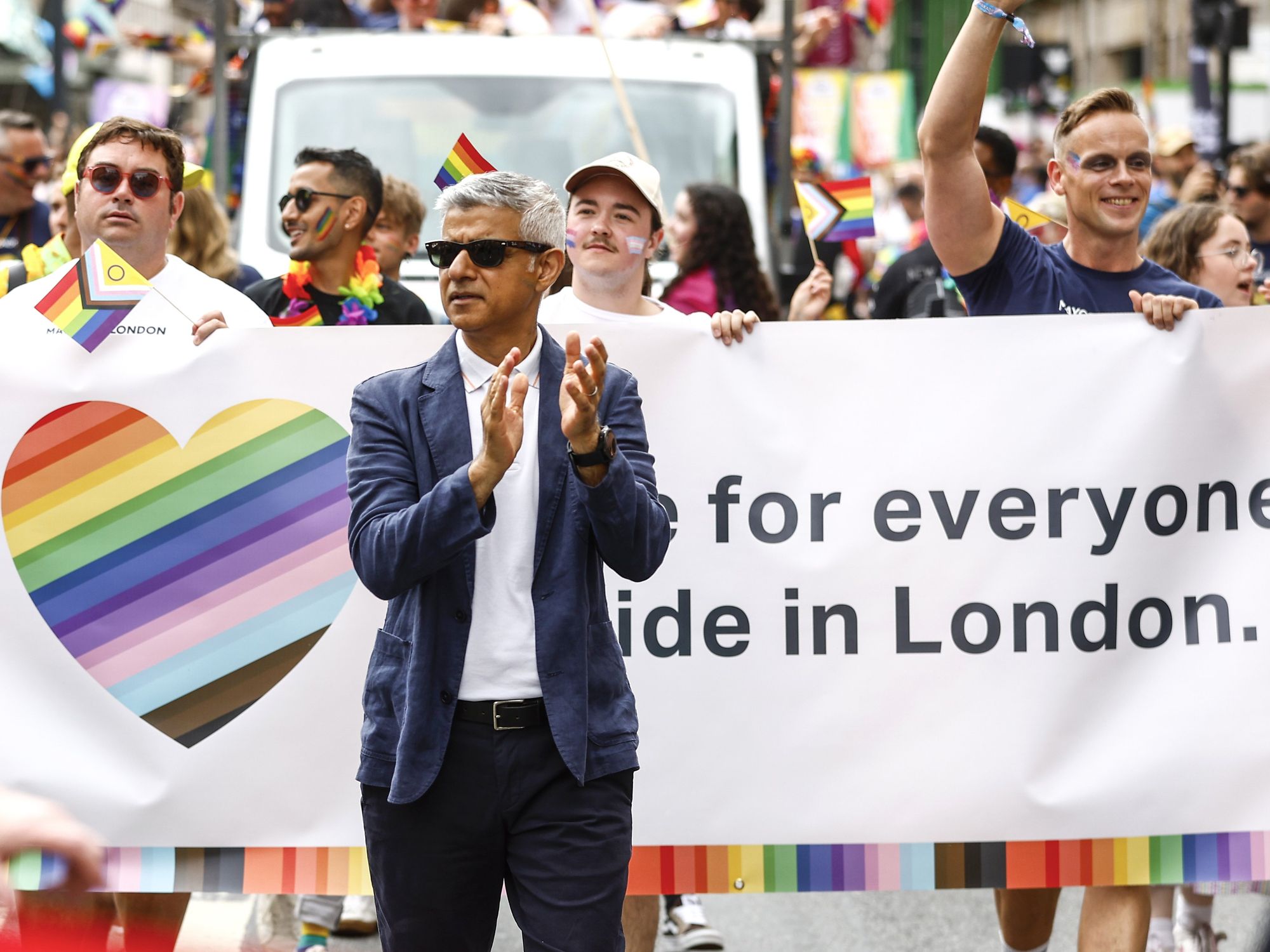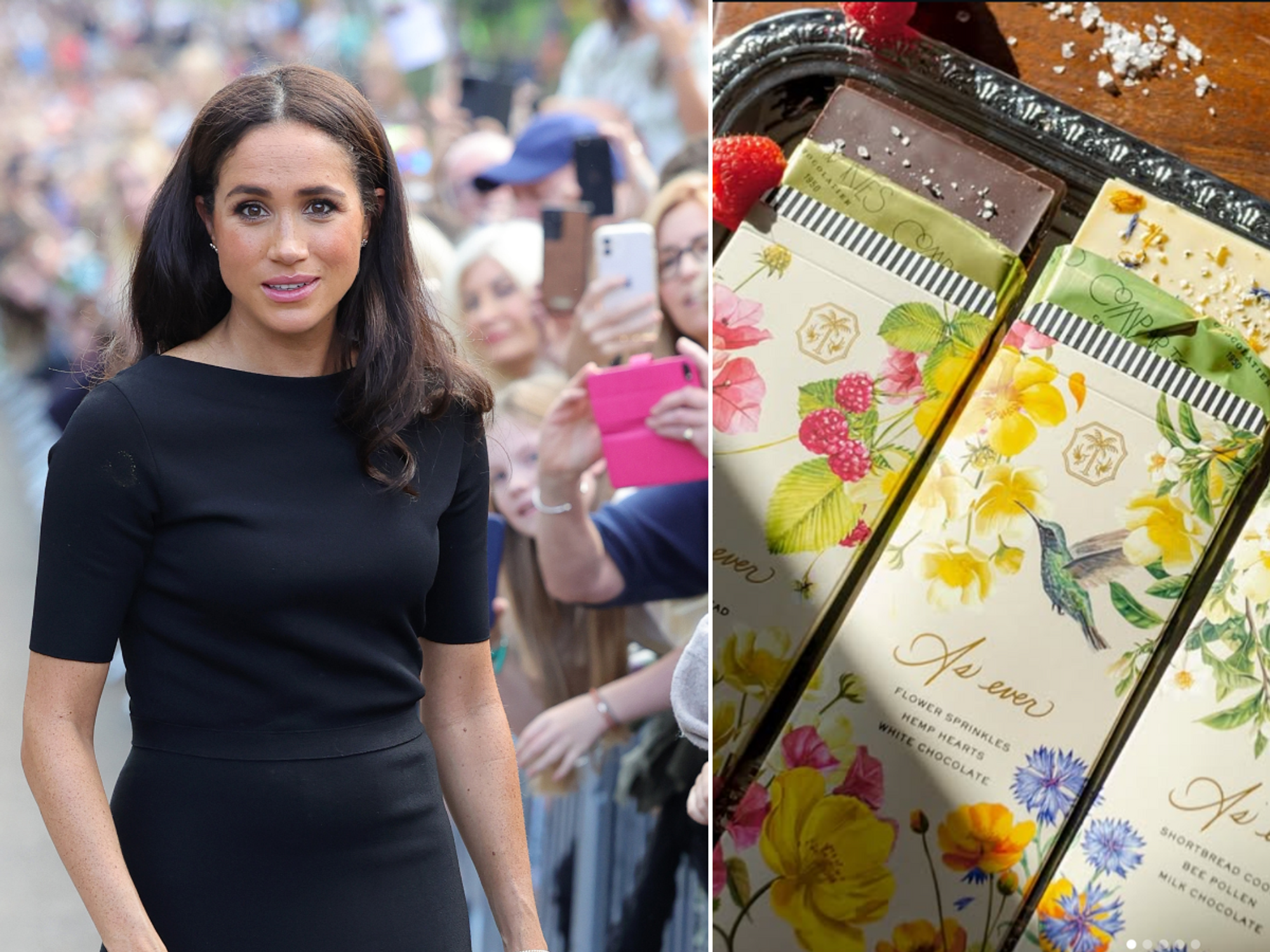EU given power to BAN religious symbols in public workplaces as headscarf row continues to divide Europe
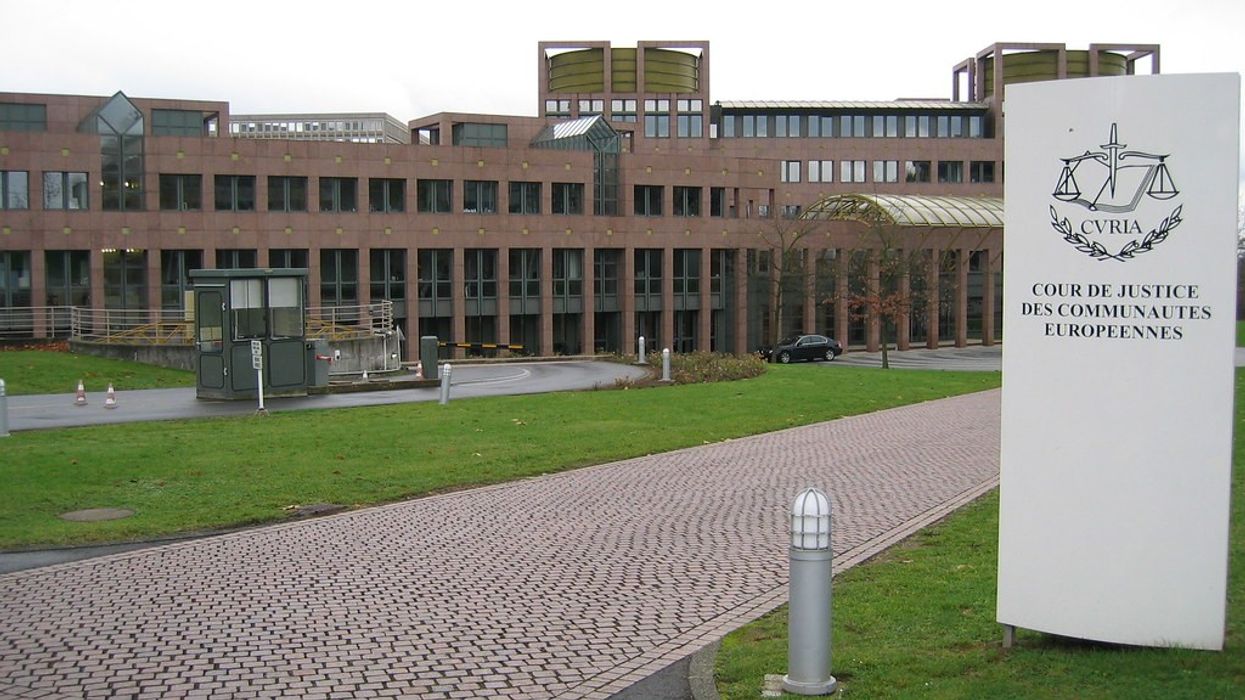
EU given power to BAN religious symbols in public workplaces
|WikiCommons

The top European court said member states can prohibit their employees from wearing signs of religious belief
Don't Miss
Most Read
A European Union court has ruled religious symbols can be banned by employers in their member states.
It comes after a woman in Belgium alleged the local municipality where she worked had infringed her religious freedom by telling her she couldn't wear a hijab.
The woman, who works as head of an office and is not in a public-facing role in the eastern Belgian municipality of Ans, launched a legal challenge.
The municipality then amended its terms of employment.
WATCH NOW: Patrick Christys on Islamic hate clerics
They said they now required employees to observe strict neutrality, which means any form of proselytising is prohibited.
This includes the wearing of overt signs of ideological or religious affiliation, which was not allowed for any worker.
LATEST DEVELOPMENTS:
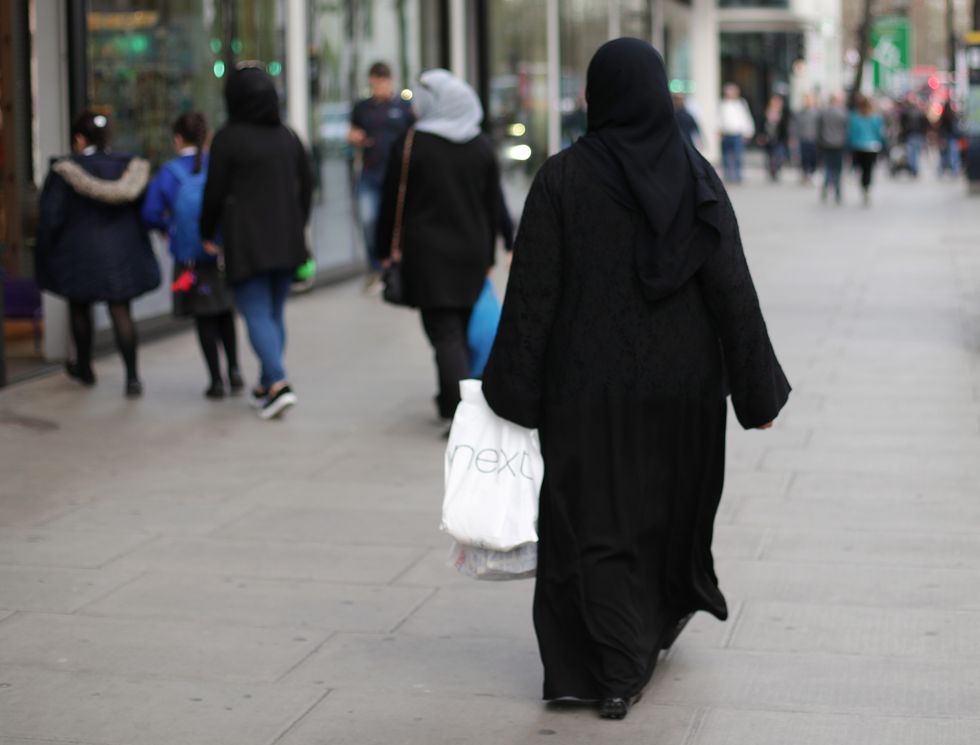
The Islamic headscarf has been a controversial topic over the years
|PA
The Labour Court in Liège said it was uncertain whether the condition of strict neutrality imposed by the municipality gave rise to discrimination contrary to EU law.
The ECJ answered that the authorities in member states had a margin of discretion to designate the degree of neutrality they wanted to promote.
It added that another public administration would be justified if it decided to authorise the wearing of visible signs of political, philosophical or religious beliefs.
The court said such measures must be limited to what is strictly necessary.
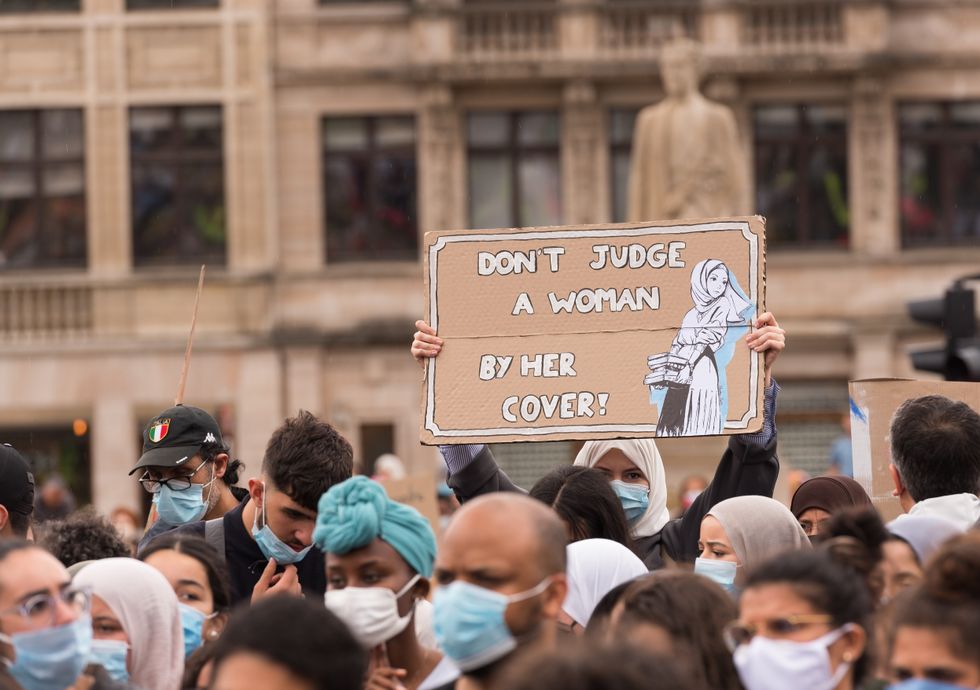
The ECJ answered that the authorities in member states had a margin of discretion (file pic)
|Getty
It comes as a group of Republican attorneys in the US claimed that Joe Biden's new proposals would drive Christians out of the foster care system.
The latest data suggests that nearly 391,000 children were in foster care in 2022 and it will be estimated that 416,500 children will be in foster care by 2027.
They claim the rules discriminate against people who uphold a hardline Biblical view on sexuality and gender.
The rules aim to ensure a "safe and appropriate" placement for any child identifying as LGBT+.





